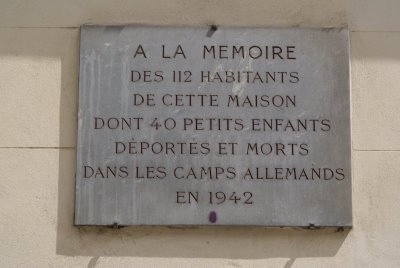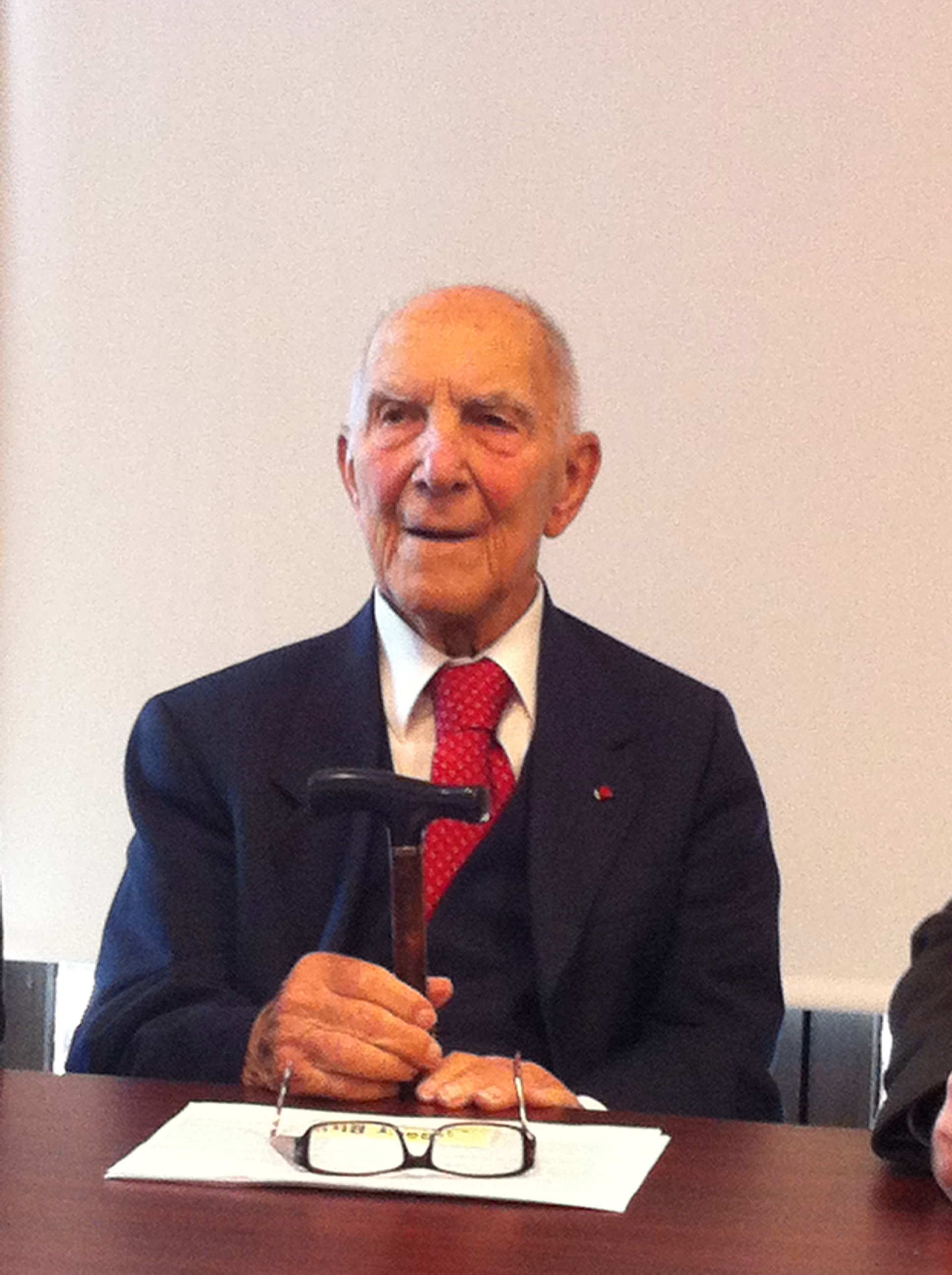Solace
In Central Park last week, on a bird walk in the North Woods led by an Audubon Society naturalist, we saw a Cooper’s Hawk perched regally in a tree, an immature Great Blue Heron fishing in the Loch, four Northern Flickers, and a half dozen species of warblers that were passing through on their way south, in addition to the abundant Blue Jays, Northern Cardinals, European Starlings, and American Robins that call the park home. The fall wildflowers—Canada Goldenrod, Cardinal Flower, Great Blue Lobelia, White Snakeroot, Spotted Jewelweed, and several varieties of Aster—were in bloom. When the cruel and venal doings of human animals are cause for despair, I take solace in the natural world.
I was considering delaying this post until after the Kavanagh “situation” had resolved itself one way or the other, assuming that we will be flattened by despair when the Republicans steamroller the Democrats and the rest of us. It has been almost eviscerating to watch the hearings and then follow the sham FBI probe, and the change in tack by the Republicans to undermine and insult the women who came forward with accusations. I have been “triggered” by Kavanagh’s words, his gestures, his petulance, and his arrogance. I wasn’t alone—tens of thousands, if not hundreds of thousands, of women were angry, distraught, and horrified by the spectacle of ruling class white male privilege and power that played out in the Senate hearings and in the political maneuvering that followed.
Each day there is a new assault on our values and the most vulnerable among us—migrant children warehoused in a tent camp in Texas, gay diplomats’ partners denied visas, the planned weakening of mercury regulations, and revisions to the Department of Justice web site reflecting a harsher stance on kids who are accused of crimes, to name just a few.
But we can’t let them beat us down into apathy and hopelessness. We have to remember the great Soviet Jewish writer Vasily Grossman’s admonition: “In the cruel and terrible time in which our generation has been condemned to live on this earth, we must never make peace with evil. We must never become indifferent to others or undemanding of ourselves.” Grossman lived through World War II, he was a journalist traveling with Russian troops as they liberated Treblinka, his mother was murdered during the massacre at Berdichev, and he survived Stalin’s purges, although his masterwork, the incredible World War II novel Life and Fate, was “arrested” by the Soviets and was not published until after his death.
As Grossman put it: “Human history is not the battle of good struggling to overcome evil. It is a battle fought by a great evil struggling to crush a small kernel of human kindness.” I am not so sanguine as to think that individual acts of kindness are enough in the face of the systemic violence and the cruel policies that we are confronting, many of which are just harsher and unapologetic versions of policies that were put in place during previous administrations, both Republican and Democratic. But while we do all that we can through making irate phone calls to elected officials, joining in strategic electoral organizing, supporting grassroots campaigns run by unions and groups on the front lines, and volunteering with local organizations advocating for the most vulnerable people, creatures, landscapes, and institutions, we can also try to make the world a little less dismal by being kind.
Charles Aznavour, French-Armenian singer, songwriter, actor, and philanthropist, died this week, and I leave you with an old blog post about his family’s small role in the French Resistance and a video of a classic performance of his song “La Bohème.”
October 4, 2018


